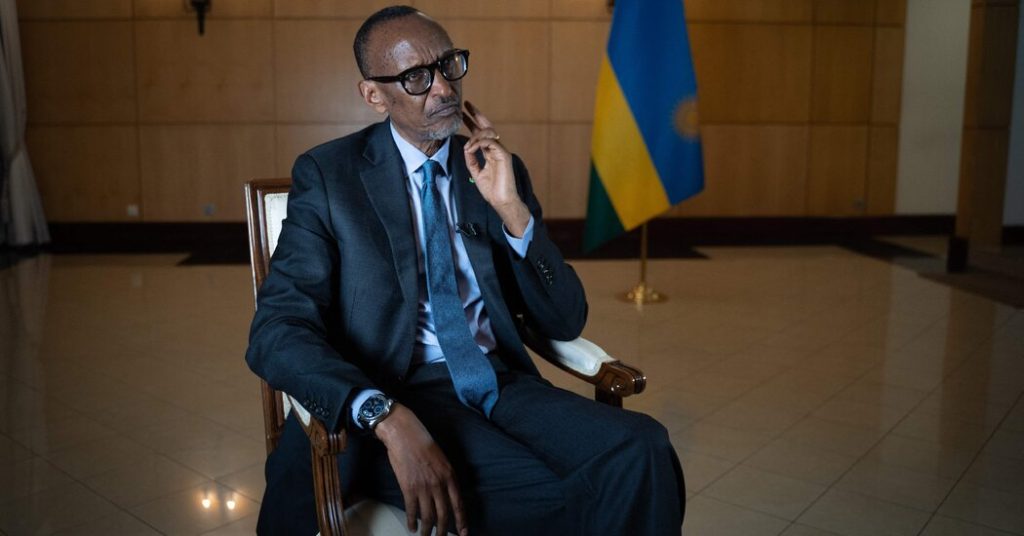In April 1994, Rwanda experienced a genocide that killed up to 800,000 people, leading to bloodshed on the streets of Kigali. Thirty years later, Kigali has undergone a transformation, becoming a thriving city with modern amenities like luxury hotels, tech startups, and a basketball league. President Paul Kagame, who orchestrated this change, is often criticized for his repressive tactics, which include jailing opponents and stifling free speech. Despite these criticisms, Western leaders have overlooked Kagame’s abuses, citing Rwanda’s tragic history as a reason for his exceptional treatment.
As Rwanda commemorates the 30th anniversary of the genocide, questions arise about Kagame’s continued rule and the direction in which he is leading the country. Critics argue that the system governed by unspoken ethnic divisions perpetuates tensions between the Tutsi minority and Hutu majority. Although Kagame claims to have eradicated ethnic differences, critics believe that true reconciliation remains elusive due to the dominance of Tutsis in top government positions while Hutus continue to be excluded from real power.
Kagame rose to power in 1994 after leading a rebel group that ousted the Hutu extremists responsible for the genocide. His policies have focused on promoting economic growth and erasing ethnic divisions that fueled the violence. Despite these efforts, ethnicity continues to influence Rwanda’s political landscape, with Tutsis holding a majority of key government roles. Critics argue that to truly overcome the scars of the genocide, Kagame must share power with Hutus, which he has been reluctant to do.
Kagame’s government has been accused of selectively addressing the atrocities committed during and after the genocide, focusing on the genocide against Tutsis while downplaying other killings. Critics argue that this approach hinders reconciliation efforts and perpetuates ethnic divisions. Kagame’s opponents face arrest, torture, or even death if they challenge his authority, creating a climate of fear and repression in Rwanda.
Rwandan exiles have reported intimidation, attacks, and assassinations by presumed agents of the state in various countries, raising concerns about Kagame’s global reach. Despite facing international pressure and sanctions for supporting rebel groups like M23 in neighboring Congo, Kagame continues to deny his involvement. The crisis in eastern Congo has strained Rwanda’s relations with the United States, its largest donor, leading to confrontational meetings between Kagame and American officials. Kagame’s justification for intervention in Congo echoes his previous actions, citing the need to prevent a second genocide against Tutsis in the region.
As Rwanda marks the 30th anniversary of the genocide, questions remain about Kagame’s leadership and the future trajectory of the country. Critics argue that true reconciliation and democratic governance are essential for Rwanda to move beyond its tragic past and build a more inclusive society. Kagame’s repressive tactics, combined with his focus on preserving power, raise concerns about the long-term stability and unity of Rwanda.


